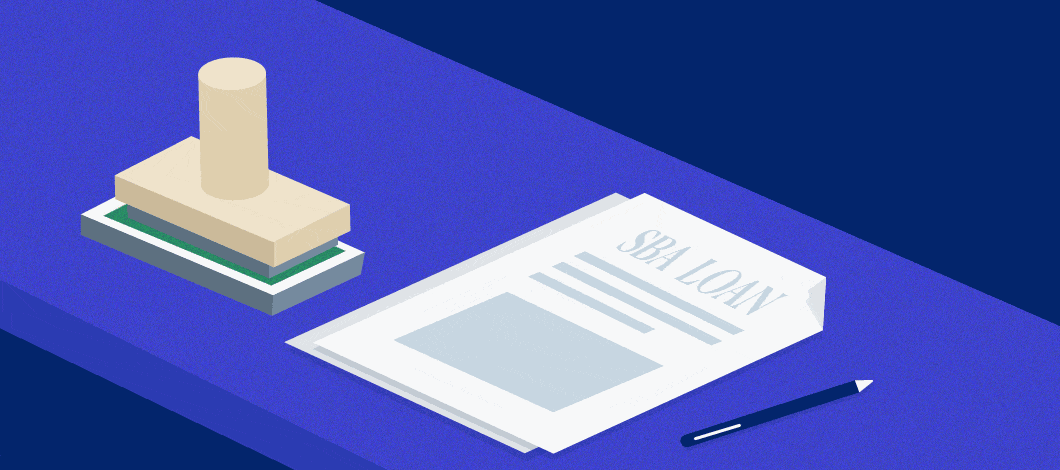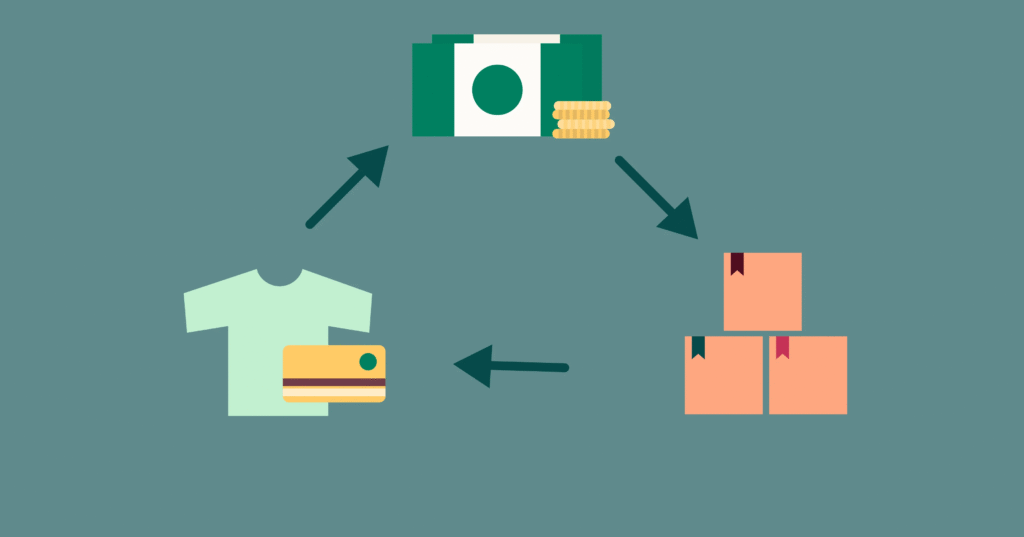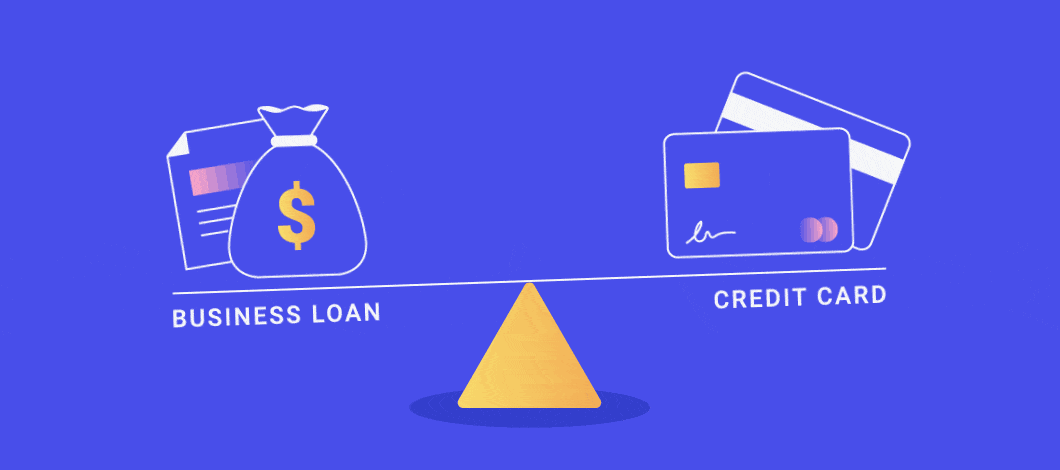When it comes to growing a business, funding is often the critical factor that determines whether your next move is a leap forward or a financial misstep. Business loans come in various forms, each suited to different needs, industries, and stages of business development. Whether you’re launching a startup, expanding operations, or managing cash flow, selecting the right type of loan can make a significant difference in your business’s success.
Key Takeaway:
Different types of business loans cater to different needs—short-term vs. long-term, secured vs. unsecured, or specific purposes like equipment or inventory. Knowing your business’s financial health, timeline, and goal will help you identify the right loan product.
What Are Business Loans and Why Do You Need Them?
Understanding the Purpose of Business Loans
Business loans are financial instruments offered by banks, credit unions, and online lenders to help entrepreneurs cover expenses like:
- Starting a business
- Purchasing inventory
- Expanding operations
- Hiring staff
- Buying equipment or real estate
When Should You Consider a Business Loan?
You should consider applying for a business loan when:
- You need to scale operations
- You’re experiencing a temporary cash flow crunch
- You want to invest in long-term growth
- You aim to build credit history
What Are the Main Types of Business Loans?
Choosing the right loan depends on your needs, but here’s a breakdown of the most common types:
1. Term Loans
What Is a Term Loan?
A traditional type of business financing where you borrow a lump sum and repay it over a fixed period with interest.
Best For:
- Long-term investments like expansion or large equipment purchases
Pros:
- Predictable repayment structure
- Larger loan amounts
Cons:
- Requires good credit
- Long approval process
2. SBA Loans (Small Business Administration)

What Is an SBA Loan?
These are loans partially guaranteed by the U.S. government, often offering lower rates and longer repayment terms.
Best For:
- Small businesses needing capital with less risk to lenders
Pros:
- Low interest rates
- Favorable terms
Cons:
- Lengthy application process
- Strict eligibility criteria
3. Business Lines of Credit
What Is a Line of Credit?
A revolving credit facility that allows businesses to draw funds up to a limit as needed.
Best For:
- Managing short-term cash flow or emergency expenses
Pros:
- Flexibility to withdraw only what you need
- Pay interest only on used amount
Cons:
- May require strong financials
- Can have lower limits than loans
4. Equipment Financing
What Is Equipment Financing?
Loans used specifically to purchase machinery or equipment. The asset usually acts as collateral.
Best For:
- Businesses needing expensive equipment
Pros:
- Fast approval
- Doesn’t tie up other collateral
Cons:
- Limited use (only for equipment)
- Depreciation may outpace loan
5. Invoice Financing (Factoring)
What Is Invoice Financing?
Allows businesses to borrow money against their accounts receivable (unpaid invoices).
Best For:
- Companies with long payment cycles or slow-paying clients
Pros:
- Improves cash flow
- Fast access to funds
Cons:
- Fees can be high
- Not all invoices may qualify
6. Merchant Cash Advances

What Is a Merchant Cash Advance?
A lump sum paid in exchange for a percentage of daily credit card sales.
Best For:
- Businesses with high credit card volume
Pros:
- Fast funding
- Easy to qualify for
Cons:
- Very high costs (APR may exceed 100%)
- Daily repayment can strain cash flow
7. Commercial Real Estate Loans
What Is a Commercial Real Estate Loan?
Used to purchase, develop, or refinance commercial properties.
Best For:
- Buying property for your business or investing in commercial real estate
Pros:
- Long repayment terms
- Competitive rates if backed by real estate
Cons:
- Requires large down payment
- Can be risky if real estate values drop
How to Determine Which Loan Type You Need?
Step 1: Define the Purpose
- Short-term cash needs: Go for lines of credit or invoice financing.
- Long-term investment: Opt for term loans or SBA loans.
Step 2: Assess Your Financial Health
- Know your credit score, revenue, and debt-to-income ratio.
- Determine how much collateral you can offer (if any).
Step 3: Evaluate Speed vs. Cost
- Need funds quickly? Merchant cash advances or online lenders might help.
- Want low-cost loans? SBA or bank loans are better but slower.
Step 4: Consider Repayment Terms
- Can you afford daily repayments?
- Would a monthly fixed installment be easier to manage?
What Are the Key Factors to Consider When Choosing a Business Loan?
Interest Rate
- Varies by loan type and lender
- Fixed vs. variable rates
Loan Amount
- How much do you actually need?
- Don’t overborrow
Repayment Terms
- Term length affects monthly cost
- Shorter terms mean higher payments, less interest
Fees
- Origination fees
- Prepayment penalties
- Late payment charges
Collateral Requirements
- Some loans require business assets or personal guarantees
Lender Reputation
- Always check reviews and ensure the lender is legitimate
Comparison Table: Business Loan Types at a Glance
| Loan Type | Best For | Speed | Interest Rate | Collateral Required |
|---|---|---|---|---|
| Term Loan | Large purchases | Medium | Low to Medium | Yes |
| SBA Loan | Affordable long-term funding | Slow | Low | Yes |
| Line of Credit | Flexibility | Fast | Medium | Sometimes |
| Equipment Financing | Buying machinery | Fast | Medium | The equipment itself |
| Invoice Financing | Cash flow issues | Very Fast | High | Yes (invoices) |
| Merchant Cash Advance | Quick working capital | Fastest | Very High | No |
| Real Estate Loan | Buying property | Slow | Low | Yes (property) |
Pros and Cons Summary for Quick Reference
| Loan Type | Pros | Cons |
|---|---|---|
| Term Loan | Predictable, high loan amounts | Slower approval, stricter criteria |
| SBA Loan | Best rates and terms | Lengthy application |
| Line of Credit | Flexible, interest only on what you use | Lower limits, can be hard to qualify |
| Equipment Financing | Quick, asset-backed | Limited to equipment |
| Invoice Financing | Improves cash flow quickly | Can be expensive |
| Merchant Cash Advance | Fast and easy | Very expensive and daily repayments |
| Real Estate Loan | Long-term financing | Requires significant investment upfront |
How to Improve Your Business Credit Score Quickly and Effectively
A good business credit score can unlock better financing options and vendor relationships. This article would guide readers through the steps of building or improving their business credit, from registering with credit bureaus to responsible credit usage. It can cover strategies like paying suppliers early, reducing credit utilization, and regularly checking for reporting errors. A must-read for entrepreneurs seeking better loan terms or supplier confidence
Is Bootstrapping or External Funding Better for Your Startup?
This topic explores the pros and cons of self-funding vs. raising external capital through investors or loans. The article can include real-world case studies of successful bootstrapped startups versus venture-backed companies. Include comparisons of risk, control, scalability, and financial stress. Perfect for early-stage founders deciding how to finance their ventures.
Understanding Working Capital: Why It Matters for Small Business Survival
Many businesses fail not due to lack of sales but due to poor cash flow management. This post would explain what working capital is, how to calculate it, and ways to improve it. Discuss operational cash cycle management, accounts receivable/payable, and inventory strategies. Great for business owners facing seasonal challenges or looking to optimize cash flow.
Top 7 Government Loan Schemes for Small Businesses in [Your Country]
This regionally focused article can highlight local or national government-backed funding schemes for startups and SMEs, such as SBA loans in the U.S., Startup India schemes, or UK Start Up Loans. Include eligibility criteria, application processes, and tips for improving approval chances. Highly valuable for businesses seeking low-cost funding.
Business Loan vs. Business Credit Card: Which One Should You Choose?

Compare the use of business credit cards and loans for financing different types of business needs. Discuss the impact on cash flow, interest rates, rewards, repayment structures, and credit reporting. This guide is ideal for small business owners trying to manage day-to-day operations or one-off purchases efficiently.
What Do Lenders Look for When Approving a Business Loan Application?
Unpack the exact criteria banks and online lenders use to approve business loans—credit score, revenue, time in business, debt-service coverage ratio, and more. Include insider tips, red flags to avoid, and how to strengthen your application. This will help business owners get loan-ready and improve approval odds.
How to Choose the Right Lender for Your Business: Banks vs. Online Lenders
Explore the growing number of funding sources available—from traditional banks to fintech and alternative lenders. Compare factors such as interest rates, speed of approval, customer service, and flexibility. Add a section on how to evaluate a lender’s credibility. This topic serves entrepreneurs looking for tailored funding and peace of mind.
How Seasonal Businesses Can Manage Cash Flow Year-Round
Seasonal business owners (e.g., holiday stores, tourism, agriculture) face unique challenges in maintaining cash reserves. This article would offer tips on forecasting, building cash buffers, financing options like lines of credit, and off-season strategies. Use real examples like ski resorts, landscaping companies, or holiday retailers.
Top Financial Mistakes Small Business Owners Make—and How to Avoid Them
A cautionary guide to the common pitfalls such as overborrowing, ignoring cash flow, mixing personal and business finances, or poor recordkeeping. Each mistake should be explained with real-world examples and followed by practical advice. This is a great educational resource for early-stage entrepreneurs.
Crowdfunding vs. Traditional Business Loans: Which Is More Effective for Growth?
Dive into the world of modern fundraising through Platforms like Kickstarter, GoFundMe, and SeedInvest. Compare that with conventional lending models, highlighting costs, investor expectations, funding timelines, and branding impact. Include success stories and warnings about campaign failures. Ideal for startups looking for alternative funding paths.
Also Read : How Does a Personal Loan Work and Is It Worth It?
Conclusion
The ideal loan for your business depends on your goals, finances, urgency, and repayment capability. A line of credit is great for managing cash flow, while a term loan suits larger projects. Equipment financing helps acquire assets, and SBA loans are best if you can wait for the process.
The key is preparation: know your numbers, research lenders, and compare all available options. Choosing wisely now can ensure your business grows without putting undue pressure on future finances.
FAQs
1. Can I get a business loan with bad credit?
Yes, but expect higher interest rates and fewer options. Merchant cash advances and invoice financing are more lenient on credit requirements.
2. How long does it take to get a business loan approved?
It can range from a few hours (online lenders) to several weeks (SBA loans or banks).
3. What documents are required to apply for a business loan?
Typically:
- Tax returns
- Financial statements
- Business plan
- Bank statements
- Legal documents (licenses, incorporation, etc.)
4. Are business loans taxable?
No, business loans are not considered income, so they’re not taxed. However, forgiven loans (like PPP forgiveness) may have tax implications.
5. Can I repay a business loan early?
Yes, but some lenders charge prepayment penalties. Always check the terms before signing.
6. How much can I borrow for my business?
Depends on your revenue, credit score, and loan type. SBA loans can go up to $5 million; lines of credit may offer $10K–$500K.
7. Do I need collateral for a business loan?
Not always. Secured loans require it, but unsecured loans or lines of credit might not—though they may charge higher interest.



